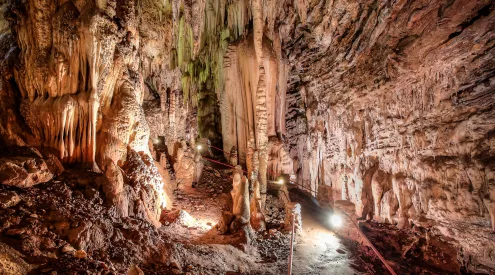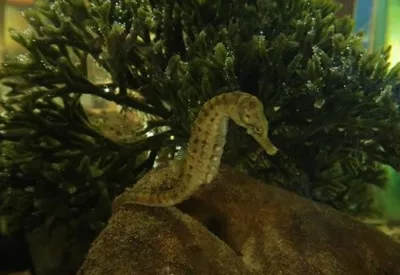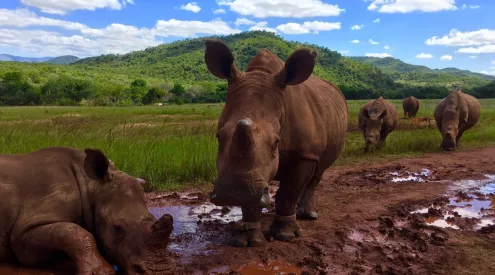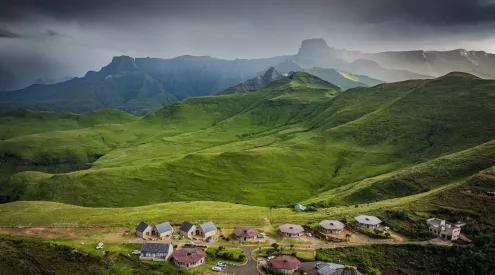Wildlife ACT has opened its doors for South Africans looking for a meaningful experience and the opportunity to work alongside professional conservationists.
The organisation works on a number of endangered and priority species conservation projects, which extend across the Zululand area of South Africa.
Wildlife ACT operates in uMkhuze Section iSimangaliso Park, Tembe Elephant Park, Manyoni Private Game Reserve and Hluhluwe-iMfolozi Park. These areas have been under pressure due to the current global travel restrictions and local shutdowns.
Wildlife ACT’s core operations in these protected areas (the daily monitoring of African Wild Dog, Rhino, Cheetah, Elephant, Cheetah, Lion, Leopard and more), have always been sustained through green tourism – with travellers paying to join their professional team in the bush and experience and contribute to critical conservation work.
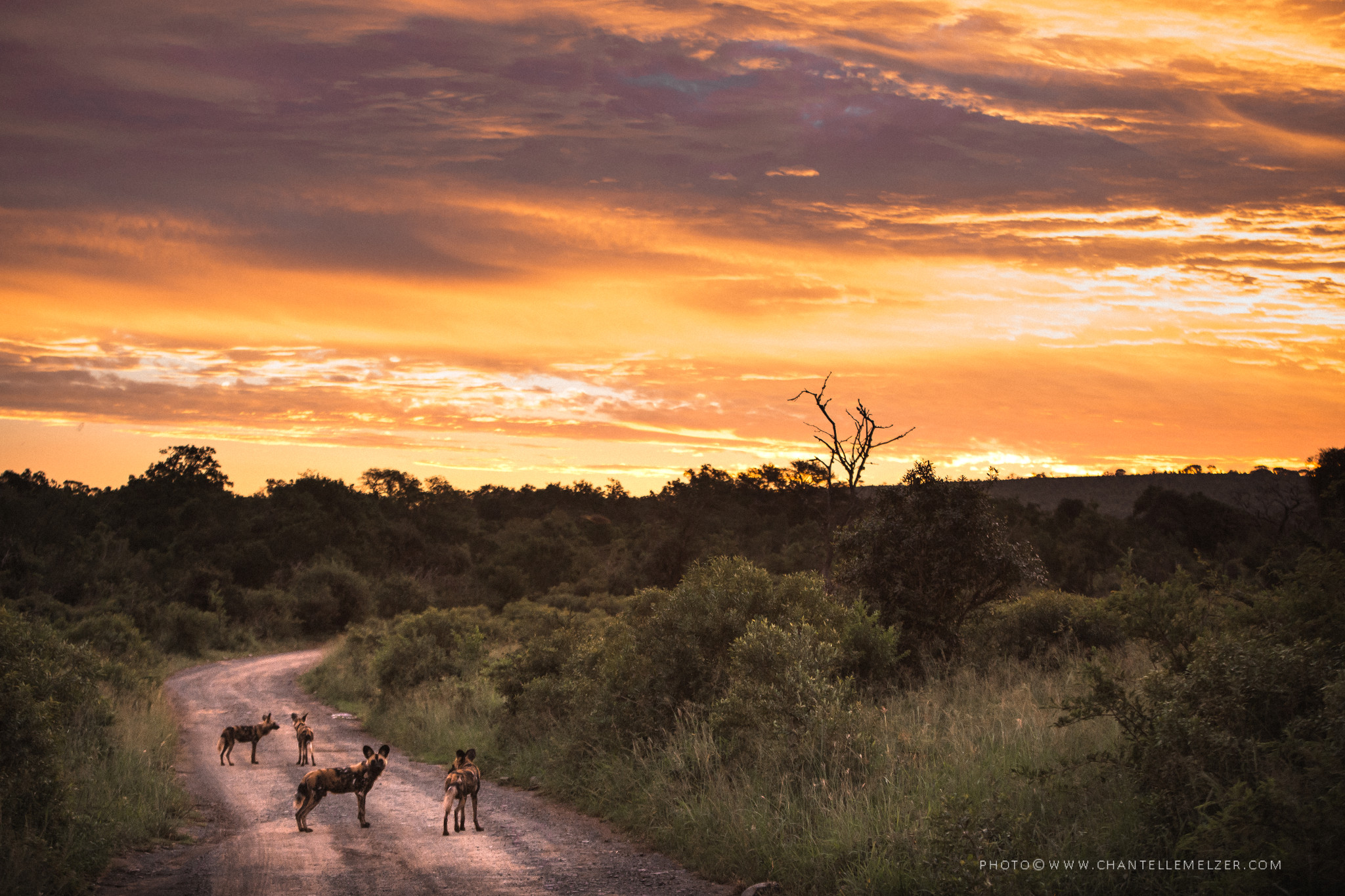
Monitoring a Wild Dog pack on Hluhluwe Game Reserve. Image: Chantelle Melzer
With the COVID-19 pandemic having put severe strain on the tourism industry across the globe, responsible travellers have had to put their international travel plans on hold. African wildlife conservation in large part relies heavily on funding through ecotourism.
For Wildlife ACT, international eco-tourists (experiencing the monitoring work and conservation expeditions) have been the cornerstone of their funding stream – depended on to conduct vitally-important endangered and priority wildlife species conservation work, including anti-poaching initiatives.
‘Thankfully, our call for support to our very dedicated and unique group of supporters – even at a time when economies across the world were reeling – was met with a level of energy and dedication that we never fully expected,’ says Wildlife ACT’s Managing Director Mark Gerrard.
‘Our conservation work has been necessary throughout the entire period of lockdown, and our teams have been working tirelessly. We are therefore excited to offer a reduced rate to South African interns who join us during this period. All the funds we receive from our volunteers and interns are used to cover the running costs of our conservation projects,’ he continued.
Wildlife ACT has at long last been able to re-open their monitoring projects to conservation-minded travellers, and South African participants are encouraged to join and assist Wildlife ACT staff with their daily activities.
South African’s can join Wildlife ACT and are asked to make a donation of R10 000 for every two weeks spent with them in the bush, or for anyone looking to join for less than two weeks, a pro-rata amount to a minimum donation of R5 000.
Apply to volunteer at www.wildlifeact.com
Or contact [email protected]







